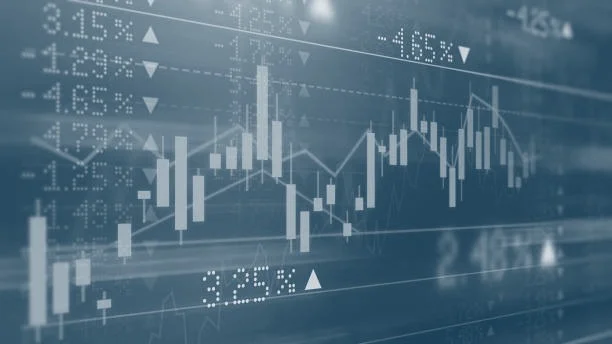Sometimes a bank offers the best deposit rates, but there are no branches nearby. However, you don’t have to travel anywhere to open a deposit profitably. You can do it online through a financial marketplace. Let’s explore how these platforms work and what other services you can obtain on them.
Marketplaces are websites where you can find offers from various banks, insurance companies, brokers, and management companies of mutual investment funds (MIFs). There, you can easily compare all the conditions, choose the most suitable options, and conclude contracts without leaving your home.
The work of financial marketplaces is regulated by the Central Bank of Russia. In the regulator’s register, you will find a list of accredited platforms and their website addresses.
In What Situations Can a Financial Marketplace Be Useful?
- Few Offices in Your City: If there are few financial organization offices in your city, marketplaces give you access to dozens of banks and insurance companies, major brokers, and management companies of mutual investment funds.
- Wide Selection: While there’s a large selection, it can take a lot of time and effort to find the most advantageous offer. On marketplaces, you can filter services, for example, by the amount and term of a deposit, and immediately find a suitable option. Or you can enter your personal and vehicle information once and instantly find out the cost of OSAGO (Compulsory Motor Third Party Liability Insurance) policies from different insurers.
- Convenience: If you simply don’t have time or feel lazy to go out, many financial tasks can be solved remotely through marketplaces. You can also arrange and pay for services online.
How Does a Financial Marketplace Work?
A financial marketplace is an online platform where users can enter into contracts with banks, insurance companies, mutual fund management companies, brokers, and issuers of corporate and government bonds. The platform ensures that payments are processed securely and that the terms of contracts with financial organizations are fulfilled.
Each marketplace must send information about all concluded contracts to the Registrar of Financial Transactions (RFT), which maintains a single register of such transactions. Even if there is a technical failure on one of the platforms, transaction data will not be lost—they will remain in the register. The Central Bank of Russia also oversees the registrar’s work.
You can obtain a statement of all transactions you conduct through the marketplace at any time via the State Services portal. This statement legally replaces a traditional paper contract. It can be useful, for instance, if you have a dispute regarding payments with an insurance company and decide to contact the financial ombudsman or go to court.
